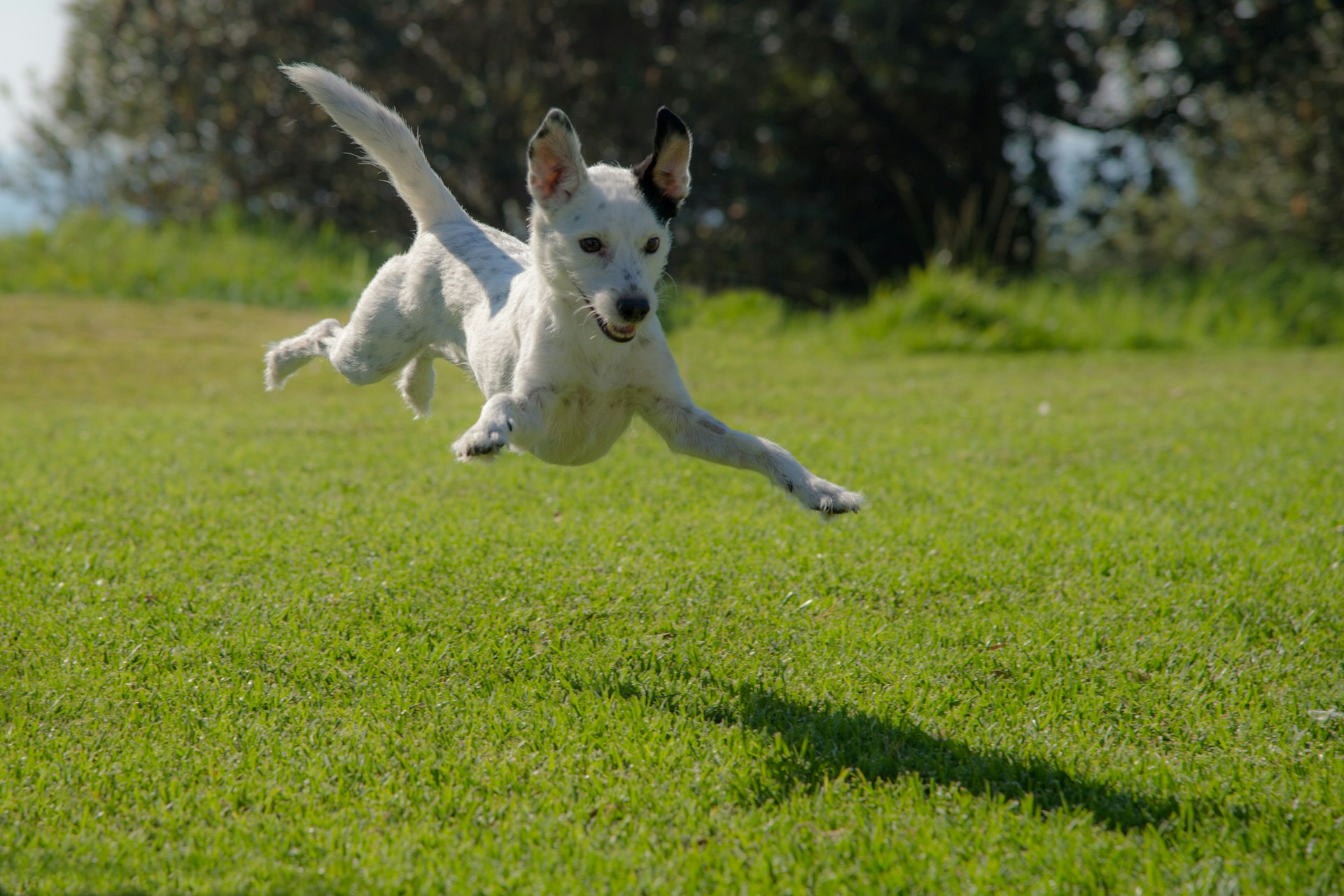Exploring the Profound Love Between Humans and Dogs: A Deep Dive into the Unique Bond
Dogs, our loyal companions for thousands of years, hold a special place in our hearts. The bond between humans and dogs is a unique and cherished connection that goes beyond mere companionship. Let’s delve into the fascinating world of human-dog relations and explore the reasons behind our profound love for these furry friends.
One of the most remarkable aspects of the human-dog relationship is the unconditional love dogs offer. Dogs don’t judge; they don’t hold grudges. They love their human companions with pure, unwavering devotion. This unconditional love creates a sense of security and acceptance, fostering a bond that withstands the test of time.
The history of the human-dog relationship dates back to ancient times. Sometime between 14,000 and 30,000 years ago, wolves and early humans forged the first connections between our two species. These wolves and our ancestors bonded out of necessity, with the wolves assisting in hunting and protection. Slowly, the shared experiences and history throughout time forged a deep connection between our species.
Petting a dog isn’t just a casual gesture; it manifests humans’ deep bond with our furry friends. Studies have shown that interacting with dogs, including petting them, triggers a part of the brain that releases oxytocin, often called the “love hormone” or “bonding hormone.” This hormone strengthens the emotional bond and promotes feelings of trust and affection.
Not only has our brain developed the ability to encourage a bond with dogs through a rush of hormones like oxytocin, but dogs have also developed physically to ensure a stronger bond between our species. The gaze of a dog, often described as “puppy dog eyes,” profoundly impacts human emotions. The large, expressive eyes of dogs mimic the appearance of human infants, triggering a parental attachment response and strengthening the emotional bond.
Dogs reciprocating our love for them isn’t just a source of emotional satisfaction. Interacting with dogs has also been linked to various health benefits for humans. Studies have shown that spending time with dogs can lower blood pressure, reduce stress levels, and improve cardiovascular health. The companionship provided by dogs also contributes to positive mental well-being, offering solace and support during challenging times.
The ability of dogs to respond to human cues contributes to their reputation as “man’s best friend.” Dogs have an uncanny ability to understand and respond to human emotions, creating a feedback loop of affection and reinforcing the emotional connection between dogs and their human family members.
The love of dogs transcends the practical aspects of companionship and extends into the realms of art, literature, and folklore. Dogs have been celebrated in various cultures and societies as symbols of loyalty, courage, and fidelity. From ancient myths to modern literature, dogs have left a mark on human culture, reflecting the depth of our connection.
Over the centuries, dogs have seamlessly woven themselves into the fabric of our families, evolving from mere companions to cherished family members. The bond between dogs and their human families epitomizes the transformative power of unconditional love and shared experiences.
In conclusion, humans’ love for dogs is a multifaceted phenomenon rooted in shared history, biological responses, and the unique bond forged through companionship. The unwavering loyalty, unconditional love, and shared experiences contribute to a connection that transcends the boundaries between species. Dogs truly hold a special place in our hearts, enriching our lives in countless ways.




:max_bytes(150000):strip_icc()/why-are-dogs-loyal-159955136-2000-94ff599c0475427a95244de9a8cb1a6c.jpg)
